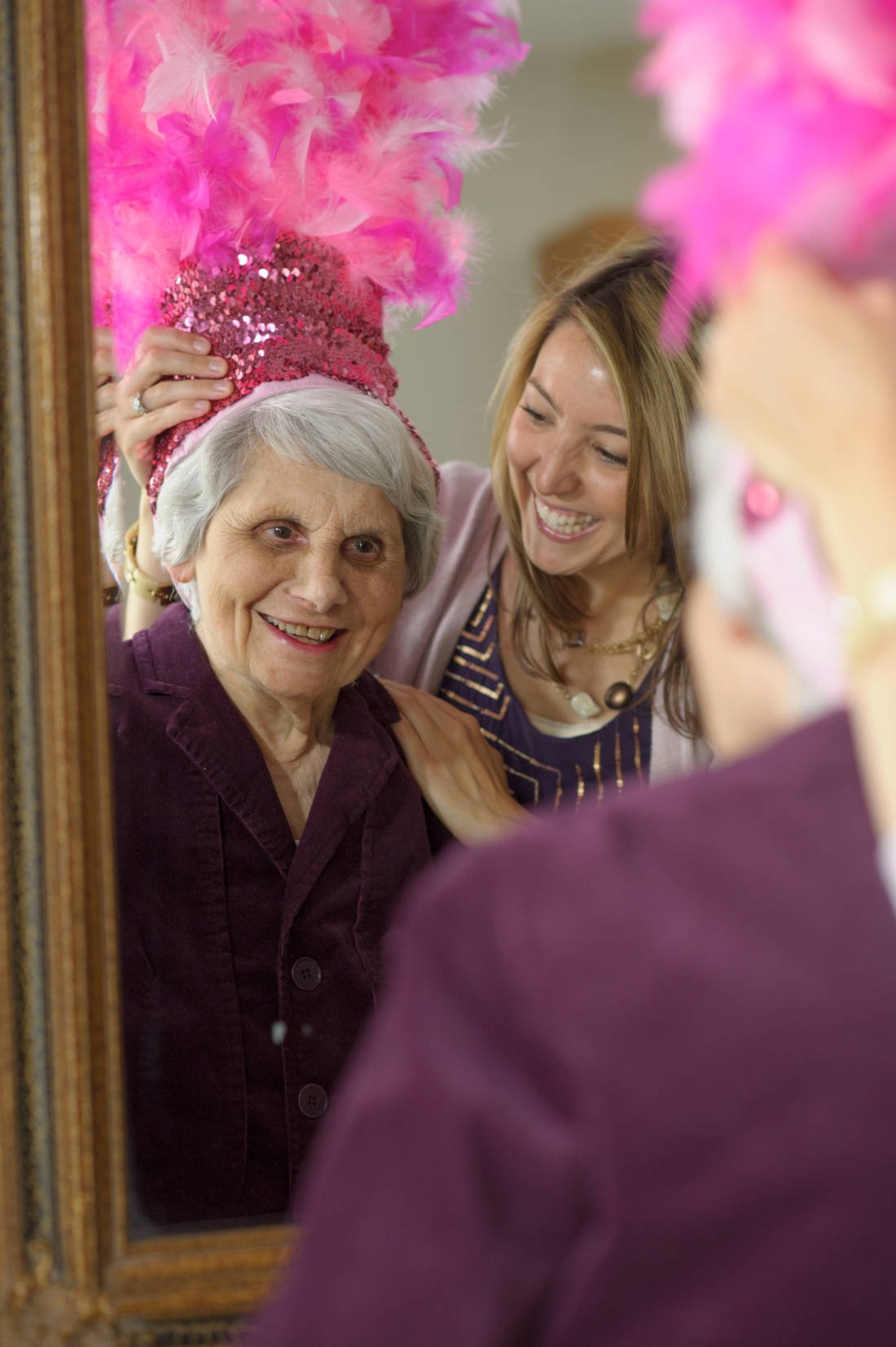3 Ways Assisted Living Helps Promote Independence in Older Adults
 One of the leading concerns many seniors have about moving to an assisted living community is losing their independence. After all, many of us first encounter “freedom” around the age of 18 and never plan on looking back. But the truth is that not only can assisted living help promote a sense of freedom in terms of keeping older adults engaged in everyday activities, but it can also lead to a better quality of life during an otherwise precarious time. Let’s count down three ways assisted living can encourage independence.
One of the leading concerns many seniors have about moving to an assisted living community is losing their independence. After all, many of us first encounter “freedom” around the age of 18 and never plan on looking back. But the truth is that not only can assisted living help promote a sense of freedom in terms of keeping older adults engaged in everyday activities, but it can also lead to a better quality of life during an otherwise precarious time. Let’s count down three ways assisted living can encourage independence.
1. Assisted Living helps people get out and about.
According to research published in JAMA Internal Medicine, two million people over the age of 65 who live alone are homebound and an additional six million people are “semi-homebound.” This means that eight million seniors either never leave home or only do so with difficulty or help from someone else.
In assisted living, meanwhile, staff are always ready to ensure that senior mobility needs are met. Independent and assisted living communities offer both convenient transportation offerings and easy parking -- meaning livable options for drivers and non-drivers alike. Transportation for medical appointments, lunch outings, shopping trips, day trips, and other activities abound and don’t have to be coordinated by caregivers or family members.
2. Assisted Living means more chances to connect.
Many older adults want to stay in their homes because they fear that a move to an assisted living community will interfere with their social life. However, the sad fact is that as we age our social network dwindles for a variety of reasons. The death of a spouse or other friend or relative, and the failing health and mobility loss of peers can be a difficult adjustment for any older adult. Senior living communities offer the chance for seniors to form new friendships, and in doing so help prevent depression and isolation.
But the benefits of socialization extend beyond mental health. According to research published in the Journal of Health and Social Behavior, seniors who engage in many social activities enjoy better physical and cognitive health as they age. Even older adults who weren’t socially active in their younger days can reap the benefits of social engagement in their senior years!
3. Assisted Living ensures safety and security.
Millions of people fall every year in their homes, and the majority of them are seniors. In fact, a full third of older adults fall annually, according to the Centers for Disease Control and Prevention. Unfortunately, the injuries sustained in these falls can cause a variety of detrimental outcomes, including the inability to care for oneself and/or the debilitating fear of falling. Both of these can lead to mobility changes which directly impede independence.
While it is possible to safeguard senior living spaces from trip hazards, today’s assisted living options are designed with fall prevention measures in place. Additionally, if an aging loved one does trip and fall in a senior living community, they are more likely to receive a quick -- and often life-saving -- response.
The same applies to senior nutrition. Seniors who still live in their homes are particularly vulnerable to malnutrition, due much in part to physical limitations. Over time, this can trigger a cycle of frailty, debilitation, and lost independence. In offering the opportunity to dine with friends, senior living communities deliver a boost to the body and soul.
One of the most common regrets expressed in senior living communities by new residents? That they didn’t make the move sooner! Because while the decision to transition to assisted living can be a difficult one to make, the rewards -- including a different yet equally vital kind of independence -- are profound.
Key Takeaways:
- Most people erroneously assume that the move to an assisted living community means giving up their independence, but this couldn't be further from the truth in most cases.
- Senior living communities are designed to support and promote ongoing independence.
- While seniors may feel like they have something to lose by moving out of their family homes, they also have plenty to gain.
About Marissa Salvesen
My journey into the world of senior living began when I started working for United Methodist Homes in 2010. Starting as an Activities Director at one of our-winning assisted and independent living communities and then transitioning to Marketing and Promotions Manager for UMH, I now work as the Manager of Mission Development, fostering the Mission and Values of our organization. I love sharing stories about the many ways we build meaningful relationships and enrich the lives of those we serve, and am proud to be part of building UMH’s 140-year legacy of caring. Wondering what makes our communities such special places to live and work? Connect with me and find out!

Our Blog is a 2016 Platinum Generations Award Winner! The Generations Award is an annual international competition for excellence in senior marketing recognizing professionals who have communicated to the 50+ Mature Markets.



